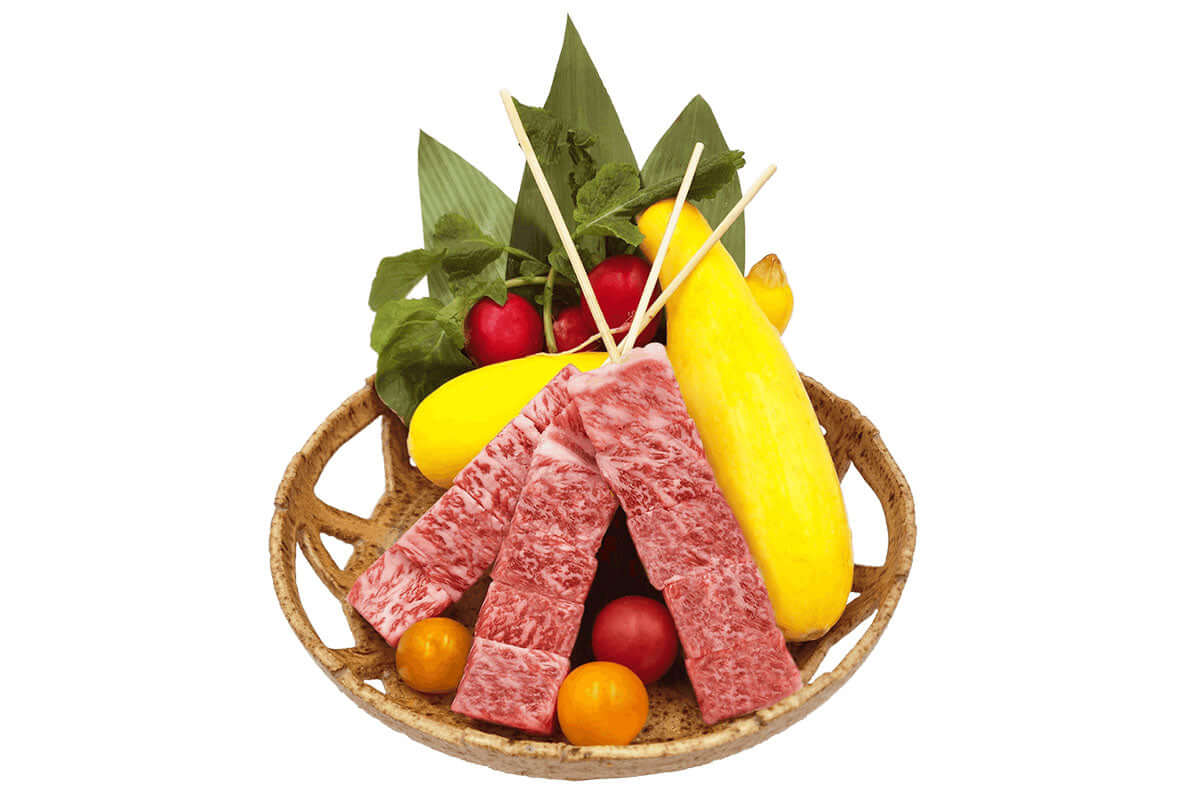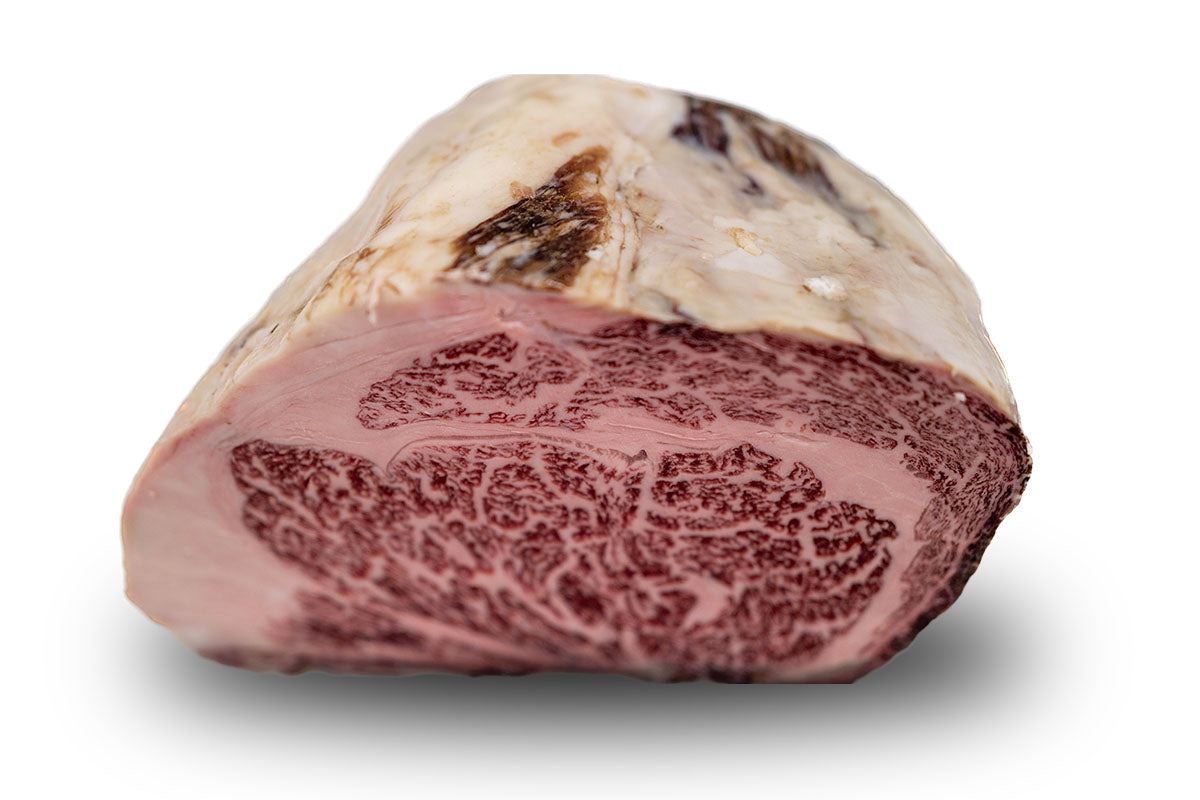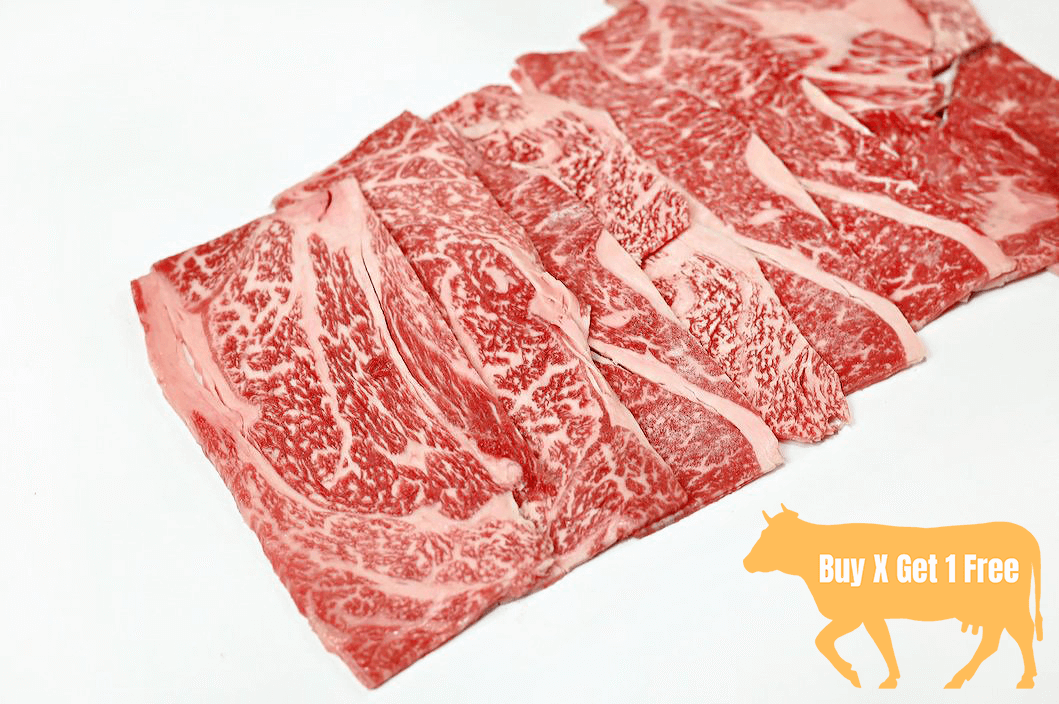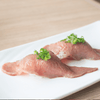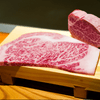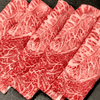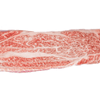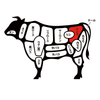What is Striploin Steak Cut? A Cut Above the Rest
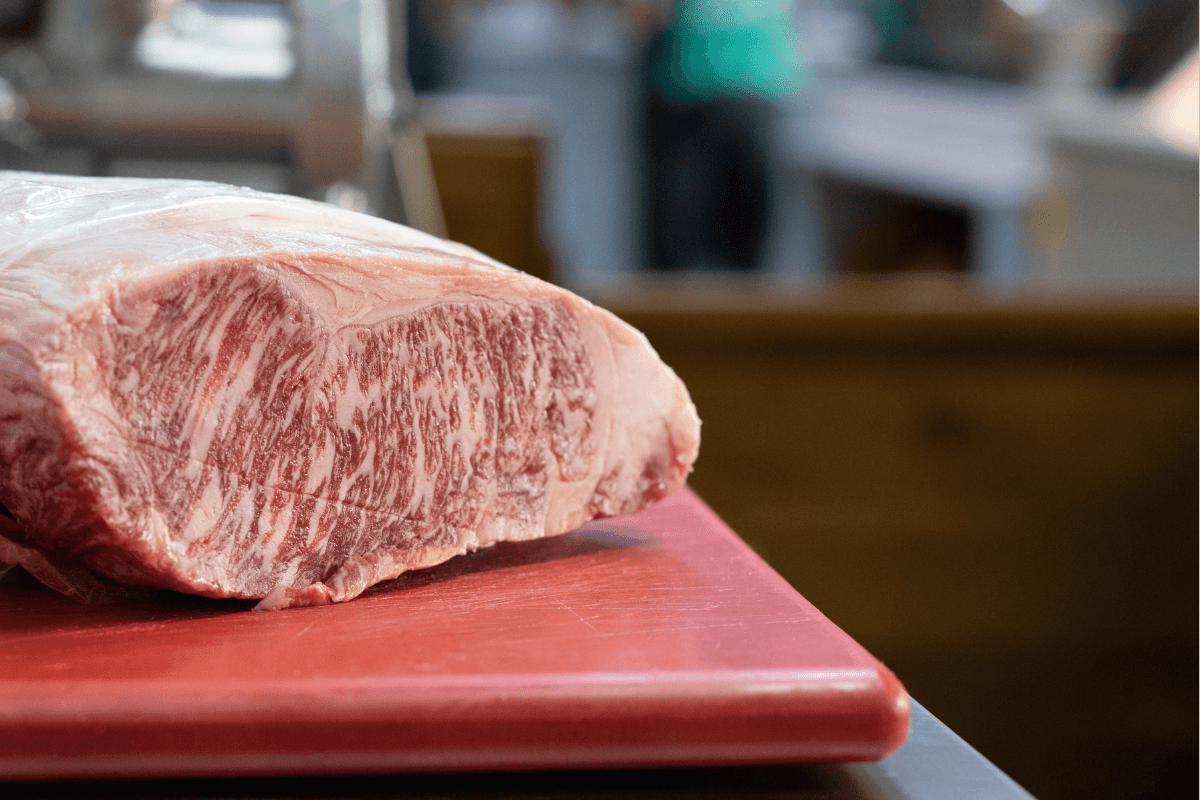
Imagine you're standing in your kitchen, the savory aroma of sizzling steak wafting through the air. Your mouth waters in anticipation as you imagine the rich, succulent taste of a perfectly cooked striploin steak. Does this sound like a dream? It could very well be your reality.
If you're looking to uncover the secrets of this cherished cut, you're in for a treat! Today, we're embarking on an exploratory journey into the wonderful world of striploin steak.
What exactly is striploin? What makes it so special? And, crucially, how does one cook it to perfection?
Let's jump in!
What Exactly is a Striploin Steak?
Striploin steak — also known as a New York strip, top loin, or sirloin steak — is a highly desired cut of beef known for its tenderness, flavor, and versatility. This luscious cut comes from the short loin of a cow, a region just behind the rib and towards the rear end of the animal.
It’s one of the least worked muscles, meaning it boasts a superbly tender texture that steak enthusiasts adore.
The striploin steak is a perfect blend of robust flavor and tenderness. Unlike some other steak cuts, it doesn't need much to bring out its true potential. A little seasoning, a touch of heat, and voilà — you have a mouthwatering meal that leaves your tastebuds begging for more!
One of the hallmarks of the striploin steak is its fat distribution.
A good striploin comes with a moderate amount of marbling — those thin, wispy streaks of fat that run throughout the steak — and a thicker rim of fat on one edge. As the steak cooks, this fat renders, basting the steak and imbuing it with rich, juicy flavors that everyone loves.
It's this magical combination of factors that elevates striploin steak to its lofty status in the world of gastronomy.
The Wonderful Marbling of Striploin Steaks
If you've already picked up a juicy striploin, take a closer look at it. You'll notice beautiful streaks of white running through the meat. These streaks are what we call 'marbling,' and they're not just pretty to look at. Marbling plays a vital role in the quality, flavor, and tenderness of your steak.
To get a bit more specific, marbling refers to the interspersed fat within the lean sections of meat. This fat is intramuscular and is interspersed in a web-like fashion, adding to the visual appeal of the steak. But the role of marbling extends far beyond aesthetics.
As the steak cooks, the marbled fat melts, contributing to the juiciness and rich flavor of the steak. The degree of marbling is so crucial that it's one of the primary indicators for grading beef. The higher the marbling score, the higher the quality of the steak, with increased tenderness, juiciness, and flavor.
If you've ever heard of wagyu beef before, the main reason it's known as the world's tastiest cow is because of the marbling.
Wagyu, a breed of Japanese cattle, is renowned for its extraordinary marbling. The term 'A5' denotes the highest grade given to Japanese beef, based on criteria such as marbling intensity, color, and brightness of the meat and fat. So, if you have the means to taste the absolute highest quality available, keep on the lookout for A5 Wagyu striploin steak. (Luckily, Wagyuman can delivery it straight to your door!)
This ultra-rich marbling yields a steak that's incredibly tender and bursting with flavor, the kind of melt-in-your-mouth experience that makes every bite unforgettable.
History of the Striploin Steak
Steak cuts have long held a place at the heart of culinary history, with different cuts being favored in different regions and cultures. Our succulent striploin steak is no exception to this.
The striploin cut, or as it's often known in the US, the New York Strip, gained fame in the bustling steakhouses of New York in the mid-19th century. Delmonico's Restaurant, a famous eatery opened way back in 1827 in New York City offered a version of the striploin called the Delmonico steak. It was the incredible popularity of this restaurant's main dish that helped give it one of the more common names it's known by — the New York strip steak.
Its rich flavor, tender texture, and satisfying chew quickly made it a favorite among meat connoisseurs. The cut's popularity spread far and wide, reaching the kitchens of home cooks and the menus of the world's top restaurants alike.
Meanwhile, in Japan, the striploin cut found a new identity. Renowned for its exceptional marbling, Wagyu striploin became a revered cut in Japanese cuisine. It's served in many traditional dishes and holds a place of honor in the iconic Japanese style of barbecue, Yakiniku.
Through the centuries, the striploin steak has maintained its esteemed status in the culinary world, evolving with each new culinary innovation yet remaining true to its roots as a truly magnificent cut of beef.
Popular Methods to Cook Striploin Steak
The versatility of the striploin steak lends itself to a variety of cooking methods, each with its unique appeal. Here are a few popular ways to prepare this incredible cut:
Grilling: A classic choice, grilling allows the striploin steak to develop a flavorful crust while retaining a juicy, tender interior.
Pan-searing: Cooking your striploin steak in a hot pan lets you achieve a beautiful sear while easily controlling the cooking temperature.
Broiling: This method involves cooking under high heat for a short time, which sears the surface of the steak, locking in the juices and flavors.
Sous-vide: For a steak that's tender and evenly cooked throughout, sous-vide (slow cooking in a water bath) is a fantastic option. You can then quickly sear the steak for a perfectly crisp exterior.
Whichever method you choose, remember to let the steak rest after cooking! This allows the juices to redistribute throughout the meat, resulting in a more tender, flavorful steak.
Tips for Cooking A5 Wagyu Striploin Steak
- Bring your A5 wagyu striploin steak to room temperature before cooking to ensure even cooking.
- Preheat your cooking surface (grill, broiler, or pan) to a high temperature.
- Season your striploin steak with salt and pepper or your choice of seasoning, keeping in mind that the natural flavors of A5 wagyu are already impressive.
- Sear the steak for 1-2 minutes per side to create a crust, then lower the heat to finish cooking.
- Use a meat thermometer to check for doneness. For medium-rare, aim for an internal temperature of 130°F (54°C).
- Allow the steak to rest for 5-10 minutes before slicing to retain its juices and ensure maximum tenderness.
Did this entry into the world of striploin steak leave you a bit hungry? Then why not treat yourself to the finest steak the world has to offer? At WAGYUMAN, we proudly offer A5 Wagyu striploin, delivering an unparalleled experience right to your doorstep. With the highest quality straight from the pastures of Japan, your perfect steak is just a click away.

